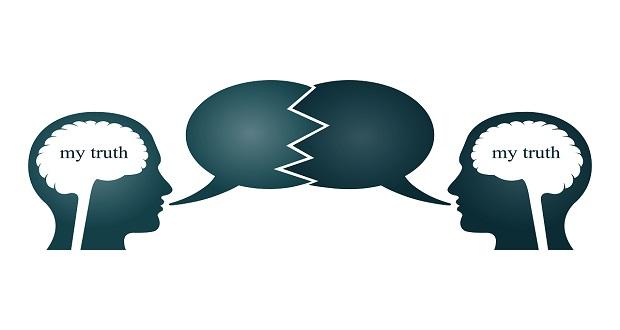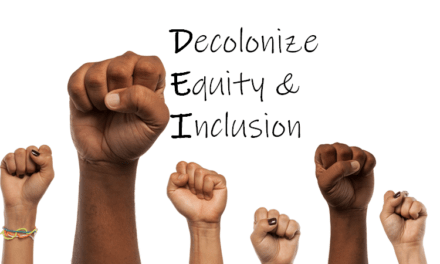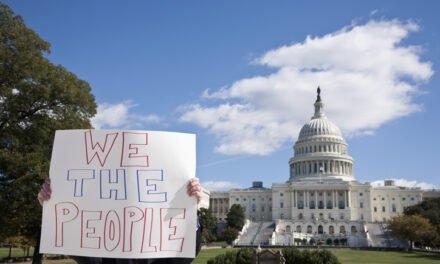
Several years ago I was conducting cultural competence and unconscious bias training at a large oil and gas company with a group of senior leaders. We had been discussing how our biases might play out in the workplace. This company was having particular problems in retaining women engineers. Their engineering jobs often required working in extreme conditions and mostly in male dominated environments.
We were discussing the results of the study reported in the Harvard Business Review that while 40 percent of the new entrants into STEM (science, technology, engineering and mathematics) jobs were women after about 8 years, over half dropped out of the field. When I asked participants why they thought this was the case, most answered that women were leaving the workforce to start a family. The group was surprised when I revealed that the most common reason was hostile work environment; being the only woman on a team and not knowing what it takes to get ahead.
One white male leader literally rose from his seat and declared, “I think I might have just discovered one of those unconscious bias things!” He was visibly agitated and went on to say that he realized that he did not consider young women of childbearing age (e.g. those who might have been newly married, had small children already) for international assignments or roles that would require a lot of travel. He then blurted out: “That’s probably wrong, right?” As the facilitator I was at a loss for words and his co-workers sat in silence probably afraid that his epiphany might cost him his job if not a severe reprimand.
The leader went on to explain that he had two daughters who were starting families and he would not want them to have to make such difficult decisions—choosing career over family. He said that his behavior with the women who reported to him came from a place of concern and protection. He was certainly not consciously trying to hold them back or deny them opportunities. From our discussion in the training, though, he now realized that these are not decisions that he should be making for the women on his team.
This is how unconscious bias works. We are unaware of the basis for our behavior and it was not until this leader was able to explore what was going on for him that it surfaced.
I think even though this was just one person, the work that is being done to explore and uncover unconscious bias is important and impactful.


















